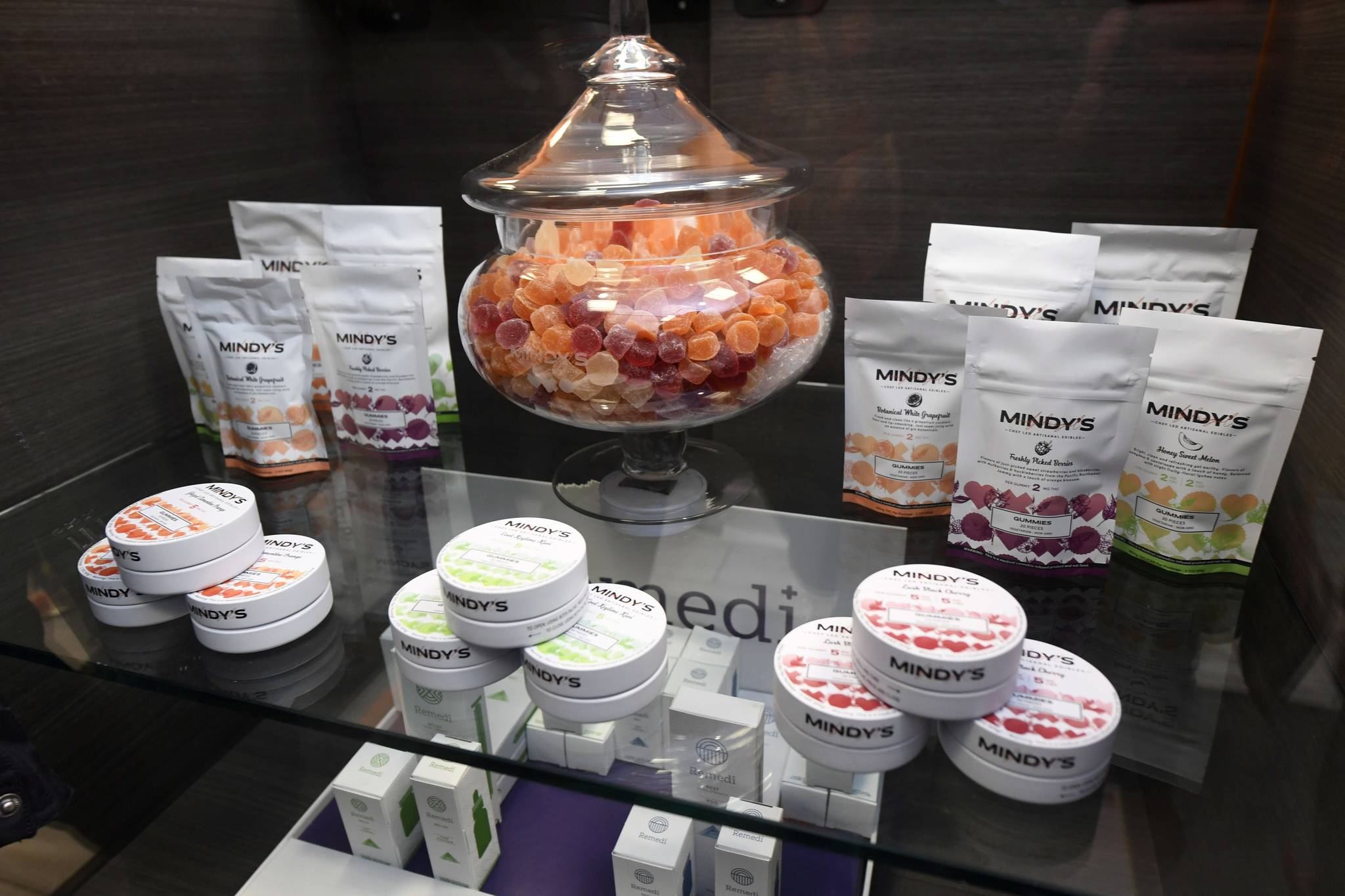While the COVID-19 pandemic has played havoc with the Washington economy and many of its industries, it has boosted at least one: the state’s legal marijuana operations.
Cannbis sales at at Washington state-licensed stores jumped in March as the state went into its “Stay Safe” restrictions with workers in nonessential jobs told to stay home and many stores and entertainment venues closed, data from the state Liquor and Cannabis Board show.
Compared to February, sales and the state’s corresponding tax revenues rose about 28% in March, according to figures presented in a recent legislative committee work session on marijuana. They stayed at near-record levels through July, the most recent month for which the state has records, when nearly $130 million in legal marijuana sales were reported.
That was 42% higher than in July 2019.
“There was an uptick in sales, definitely, as soon as the lockdown hit,” said Carol Erhart, of Spokane’s 4:20 Friendly.
There had been a downturn in the sales of marijuana vapor products since last fall because of questions over the safety of some chemicals used in them. The sale of “flower” products, or smokable marijuana, stayed steady.
“What went crazy were edibles,” Erhart said. “They doubled overnight.”
She believes that was because some adult customers were “locked in their homes with their kids” and didn’t want to be smoking around them.
Justin Nordhorn, chief of enforcement for the state Liquor and Cannabis Board, had a similar assessment of the connection between sales and the pandemic during a recent work session with the House Commerce and Gaming Committee, which has jurisdiction over marijuana legislation.
“I think part of it is how people are managing,” Nordhorn said.
There are also theories that the regulated market, which has strong testing requirements, labels that describe a product’s potency and accessible stores, could be getting a boost from customers who have extra concerns about safety during the pandemic, he said.
“We may be having some market share coming over from illicit market activity,” he said.
— By Jim Camden, The Spokesman-Review, Spokane, Wash., via McClatchy

